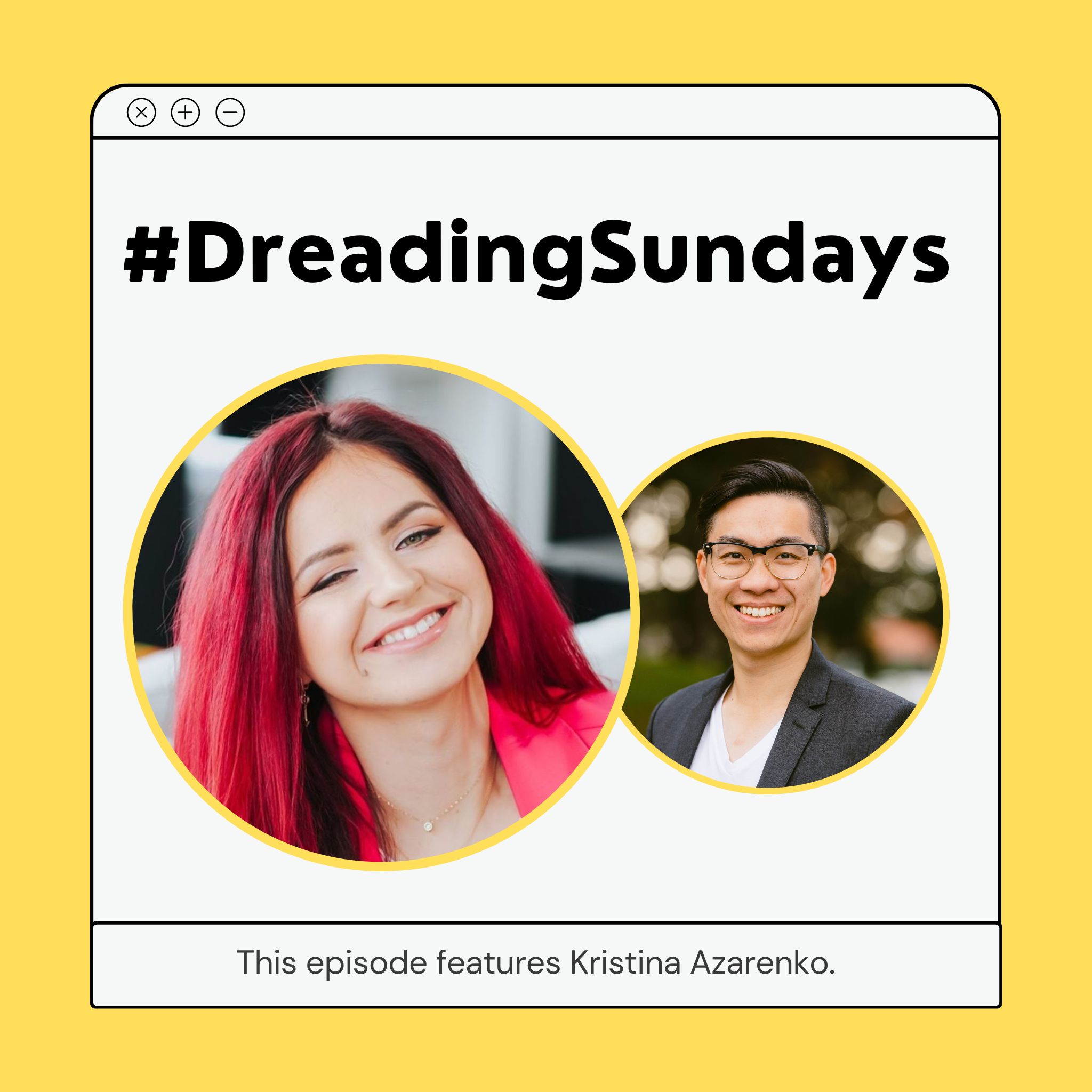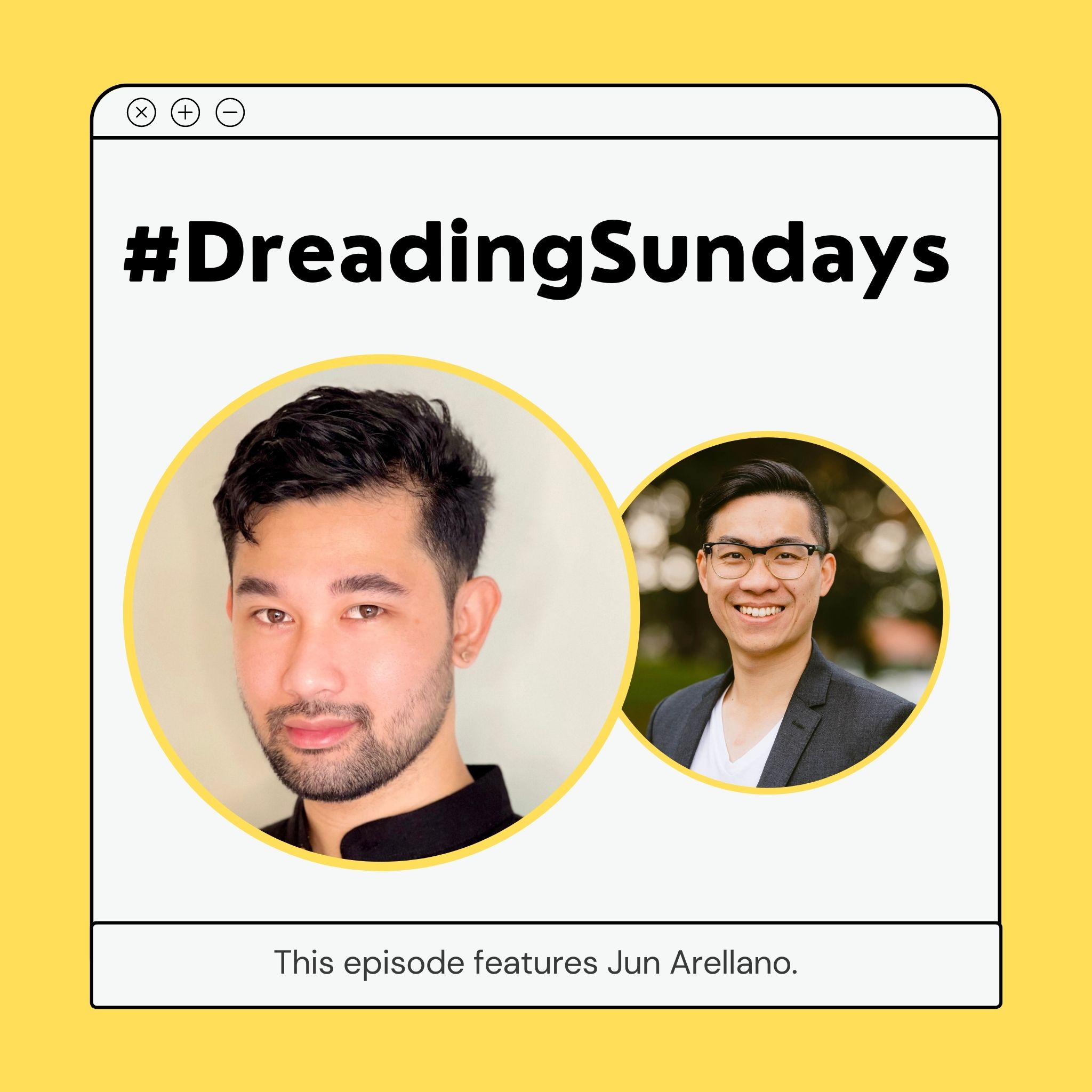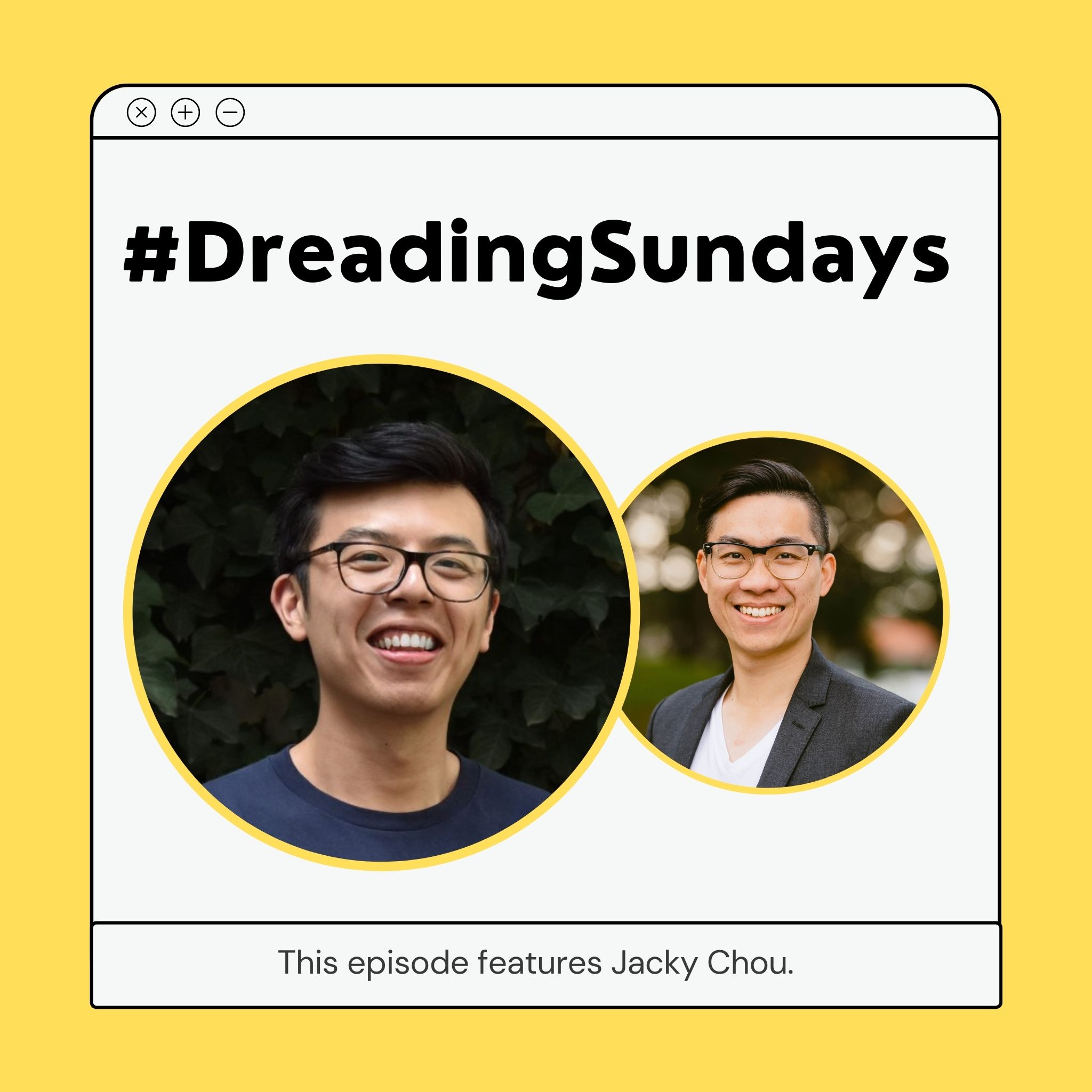Amanda King is has been in digital marketing and SEO since 2010. With extensive years of experience agency-side, startup, in-house, and now as a growth consultant and strategic advisor, I’m excited to share Amanda’s professional journey with you today.
This episode will air November 20, 2022.
Interesting things about Amanda.
- She has a background in UX, analytics, data, and map out a complete user journey
- Amanda has worked agency-side in the US and in Australia
- “The important part of digital marketing isn’t digital – it’s the marketing part.”
For SEO agency employees, Amanda advised you to do everything in your power to make your point of contact’s life easier.
This will make agency’s engagement so much better.
Everyone has something that keeps them up at night. This includes your point of contact.
What does this mean?
- understanding the business (know their story and brand)
- be very mindful of what you deliver to ensure it aligns with the business
- understand the real-world implications of your recommendations
- ask questions
- “What can I do to make your life easier?”
- “What can I do to make you look baller to your boss?”
- and more importantly, actively listen.
I ask Amanda what a SEO consultant does.
In an earlier episode of Dreading Sundays, I posed the same question to Kristina Azarenko.
That is, what is the difference between a freelancer and a consultant?
“I advise.” – Amanda says.
“If as a consultant, you want me to sit down and update meta tags – I can. But is that necessarily the best use of my time and talent?”
“I want to be the person you get in touch with when you have a sticky situation. Through my engagement with a client, I want to be made redundant.”
Agency-side experience and in-house experience is critical to being an effective consultant later on in your career.
One of the biggest learnings I gained when moving from an SEO agency to an enterprise in-house role was how little I understood how many people are involved to implement one line of recommendation.
I would refer them as Developers and expect them to make the correction as recommended.
However, what I quickly learnt was that there are front-end developers, back-end developers, product owners, legal, brand, designers, copywriters, and a whole slew of stakeholders who need to approve the action(s) required.
“One thing I was always frustrated by was it took them three months to make a single change to a page. I didn’t understand the level of nuance behind the fact that my point of contact didn’t own the page because it was a different product so they had to have a conversation with a different product owner, with legal and a whole another level of processes behind that.”
Amanda recommends listeners who are working in agency to better learn the approval process things have to go through and to do so earlier in the engagement.
“You could ask for $50,000 in May and be declined because you’re out of cycle. But if you were to ask for in June, no one bats an eyebrow because someone else just asked for $1,000,000.”
Find out what a client’s budgetary limits are so that you can work within/under them.
Many enterprise organisations have a hard limit budget request. That is, every organisation has a magical number, that once crossed, requires senior executive stakeholder and even board-level buy-in to get that budget approved.
Projections and forecasts have to be made to show how spending that money will result in revenue to the business.
Therefore, if you can find out what the budget limits are, you can use these to your advantage.
For example, if you know asking for $50,000 requires additional approval and delay, your agency can submit a proposal for $48,000 or perhaps $40,000 and then tweak the job scope accordingly to reflect the lowered rate.
Again, it comes down to getting to know who is involved, what the process is, and how long it takes.
So if you’re working at an agency, ask to be involved in pitches.
If you get a no, ask to see the pitch deck.
Connect with Amanda.
- follow Amanda on Twitter
- connect with Amanda on LinkedIn
- watch her presentation for Turn Digi titled ‘Javascript for Enterprises’
You may also like:
Don’t miss out when new episodes are released.
Subscribe to Dreading Sundays via:


